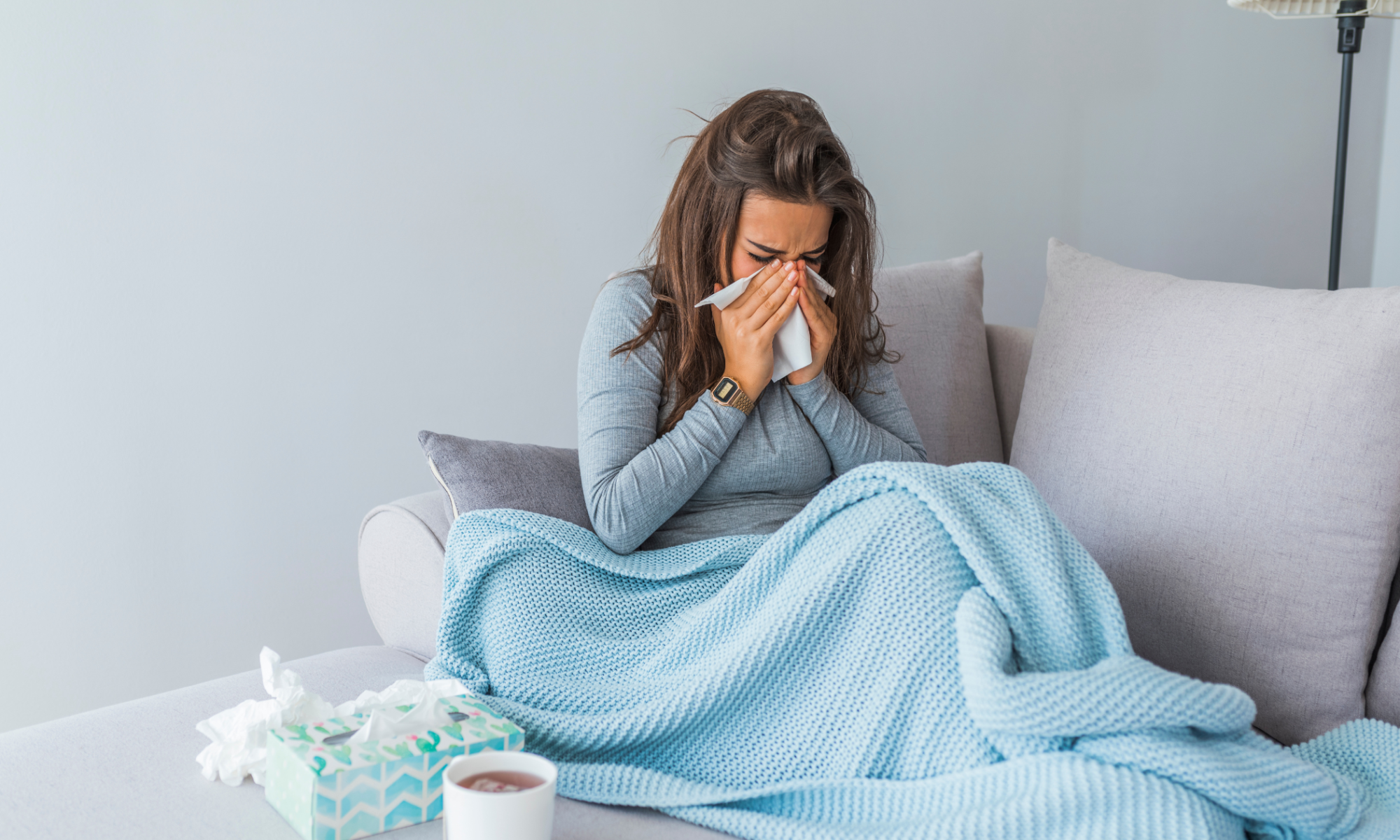The fall season is upon us which means it’s time for crisp mornings, football games, falling leaves and pumpkin spice everything. Unfortunately, it’s also the time when we see an increase in flu cases. Flu season starts in early autumn and can last through spring, with the peak being sometime between December and February. While anyone can get the flu, there are steps we can take to minimize risk of illness and prevent getting it. Keep reading to learn how to protect yourself from the flu this year.
Get the Flu Shot
The most important step to protecting yourself and others from the flu is getting your annual flu shot. The CDC recommends anyone 6 months and older get the influenza vaccine once every year in September or October. Flu vaccines are offered at physician offices, clinics, pharmacies, health departments, schools and many more locations. The vaccine takes two weeks for antibodies to develop and provide protection against the flu virus.
Stay Home when You’re Sick
Even if you haven’t been tested for the flu, if you’re experiencing flu symptoms it is best to stay home from work, school or social events. The most common symptoms are fever, headache, dry cough, body aches, muscle and joint pain, sore throat and runny nose. If you’re experiencing any of these, it’s best to practice social distancing.
Practice Healthy Habits
While healthy habits are important all year round, they are especially crucial during flu season. Keep your hands clean by washing them with soap and warm water after using the restroom and regularly throughout the day. Germs are most likely to enter your body through the eyes, nose and mouth, so to reduce infection it is important to keep your hands away from your face and avoid touching these areas. If you do get sick, be sure to cover your mouth and nose when coughing or sneezing to prevent your germs from spreading to others.
Go to the Doctor
If you think you have the flu, you may want to make an appointment with your doctor. Your physician will be able to test you, identify any potential risks, and determine whether or not you should take antiviral medication.
Know Your Risks
While anyone can get the flu, there are certain people who are at a higher risk for getting severely ill or having complications. Adults 65 and older, children under 5, pregnant women, and people with certain health conditions can be at higher risk. If you suffer from any chronic health conditions, talk to your doctor to see if you are at risk for complications from the flu.
If you need a flu shot or think you may already have the flu, Southwoods Express Care is here to help. With convenient walk-in service, shorter wait times, and lower costs than an ER visit, Express Care is open 7 days a week in Boardman, Campbell and Columbiana.




